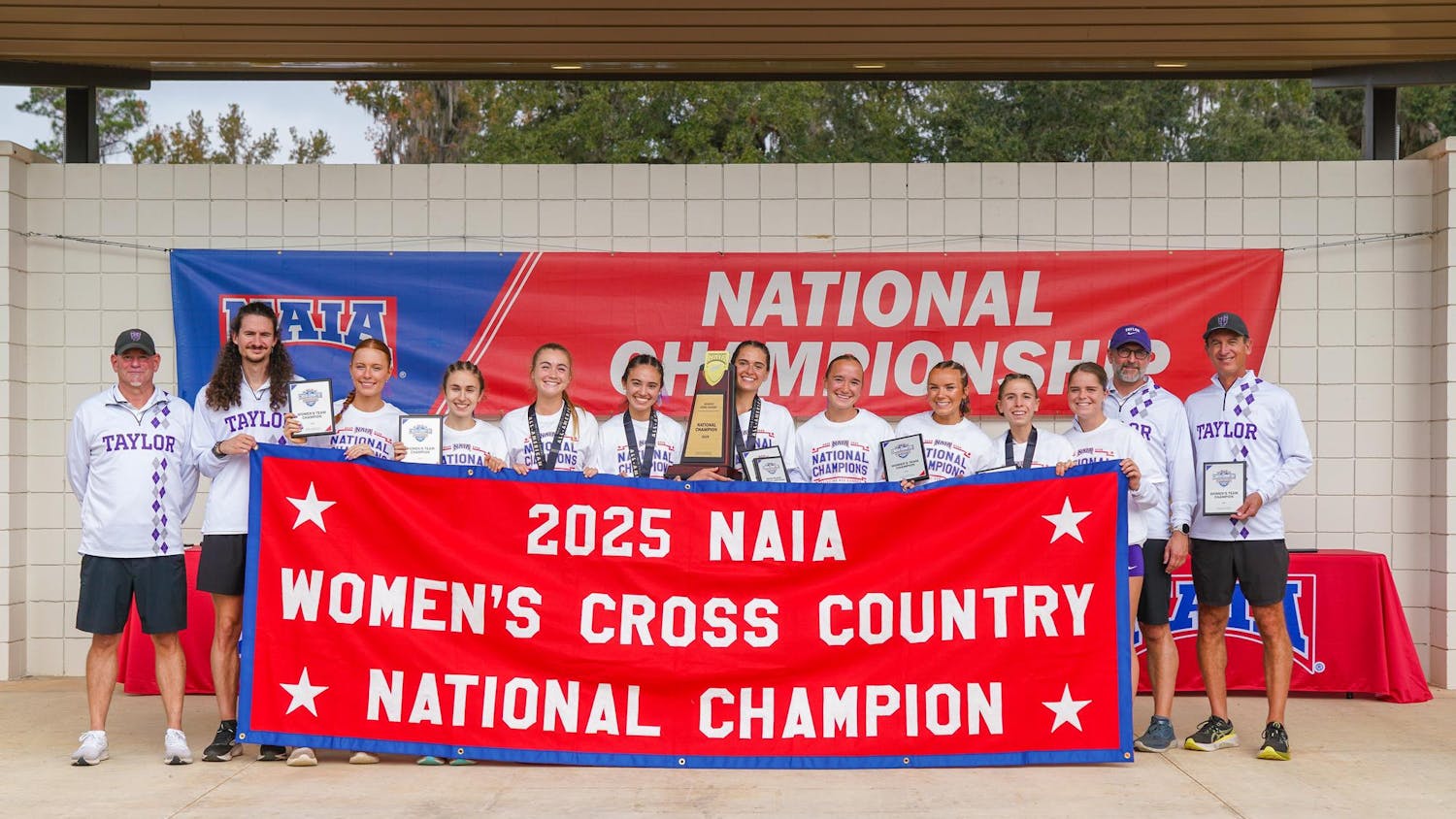By Becca Robb | Contributor
In a remote island in Southeast Asia, red flowers sprouted out of the soil and vibrant green trees framed the sky. But I sat on a dock surrounded by trash. Layers of diapers, disposable cups and plastic bags floated upon the water, lapping against the dock with every swelling wave.
Years ago, these islanders used banana leaves and grasses to package their foods. When they finished eating, they'd just toss the wrappers into the ocean to decompose. Today, they rarely use banana leaves to package food. They use plastic. And they're still tossing it into the water.
It's easy to shake our heads at this garbage problem across the world. But we have the same problem here, as close as our LaRita Boren Campus Center. Every trip to the Campus Center yields several plastic and paper packages that we inevitably end up throwing in the trash just a few minutes after we finish eating. I propose we change this, through three practical steps:
- The Campus Center should create a "no drink" meal option
For several weeks, I didn't get a fountain drink with my meal. But after checking my Dining Dollars, I realized I was actually paying extra for not completing my student meal with a drink. I was paying extra for not using a cup.
The Campus Center should offer an option to not get a drink. Sometimes I don't need a drink. Sometimes I'm just going back to my apartment, where I have plenty of cups and an unlimited supply of water. Instead of charging students more to skip the drink, the Campus Center could allow students to save cups, lids and straws by giving us a "no drink" meal option.
- The Campus Center should collect and compost its cups
Here's the thing: Those clear cups are not recyclable. Yes, they have happy little trees on them. Yes, they have recycling symbols on the side. No, we cannot recycle them.
Actually, our Campus Center cups are "industrially compostable." They need to break down in a special composting facility. But the Campus Center doesn't send them to a special facility, according to Dining Services Director Nate Haugh. If the Campus Center had special collection bins just for these cups, we could compost them. But whether we throw them into recycling bins or the trash, they'll just end up in a landfill. (These cups do have a slightly lower carbon footprint, which is a bonus, but the eco-friendly packaging is still misleading.)
- We should recycle what we can
Last year, I sorted through 18.2 pounds of English Hall's garbage for a research article. It was gruesome. For hours, I ripped open bags of rancid trash in the English basement, wondering what life choices led me there and thinking of ways I could burn my clothes without breaking the fire code.
Among my findings: several plastic Chick-fil-A containers, a couple shampoo bottles and countless plastic Starbucks cups. None of these should have ended up in the trash.
Sometimes it isn't clear what we can or can't recycle (I'm looking at you, Campus Center straws). The best tip is to check the bottom for a recycling symbol. If it has a recycling symbol, recycle it. If not, just don't.
Thankfully, we have decent garbage management practices in Indiana. Our garbage doesn't pile around us and float around our homes while we sleep. But all of our trash - every single scrap - does end up somewhere. That "somewhere" just isn't here. If every lid and straw we used ended up in our backyards, we might skip them more often.




